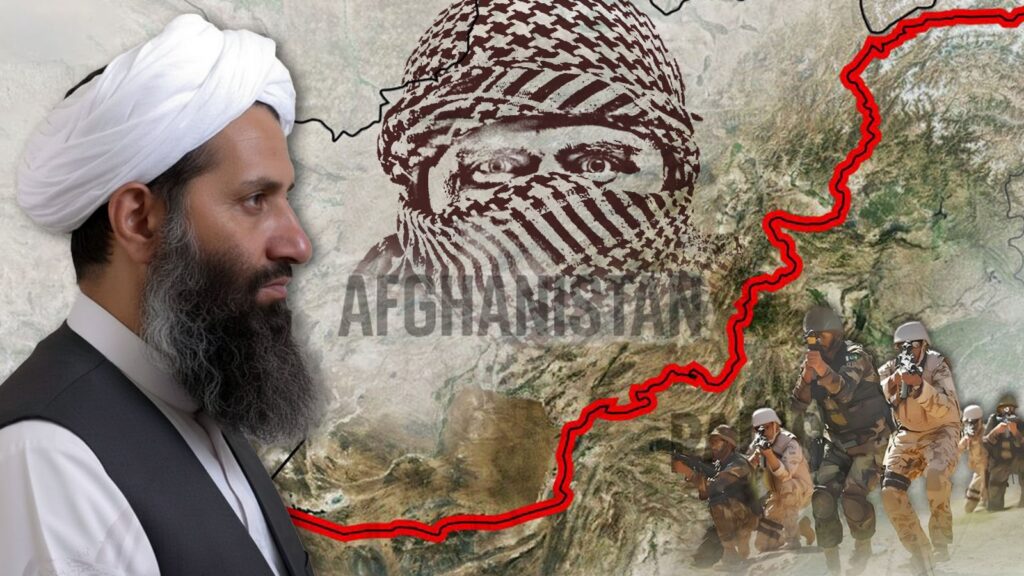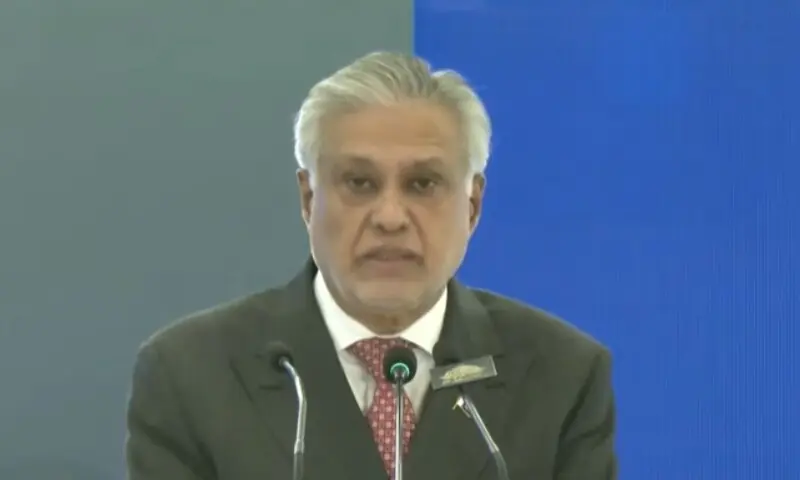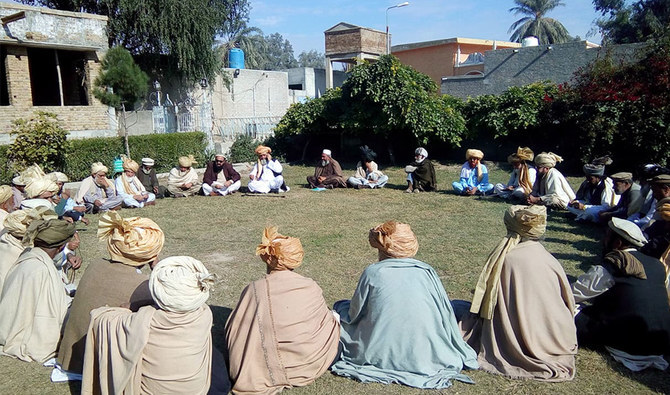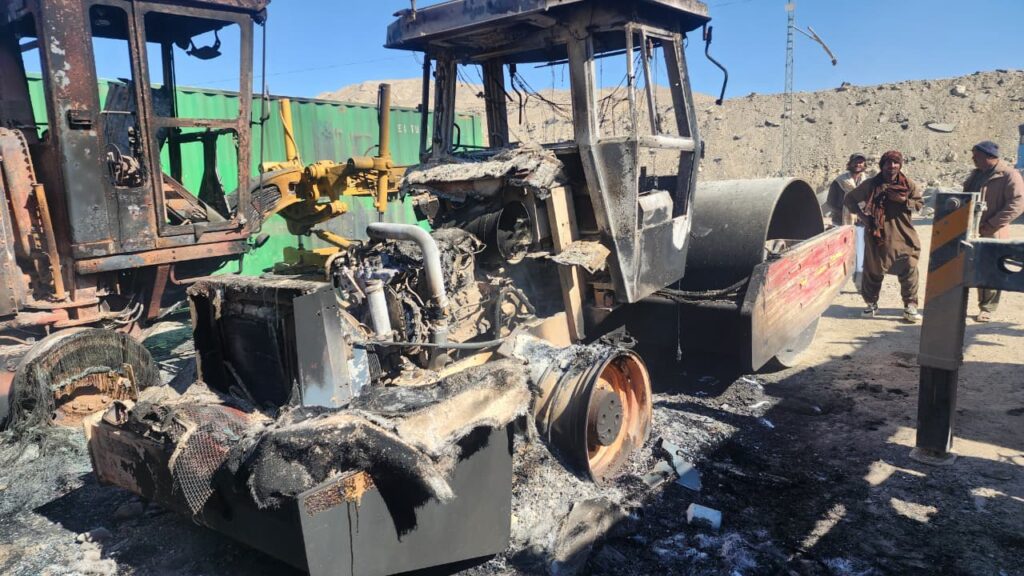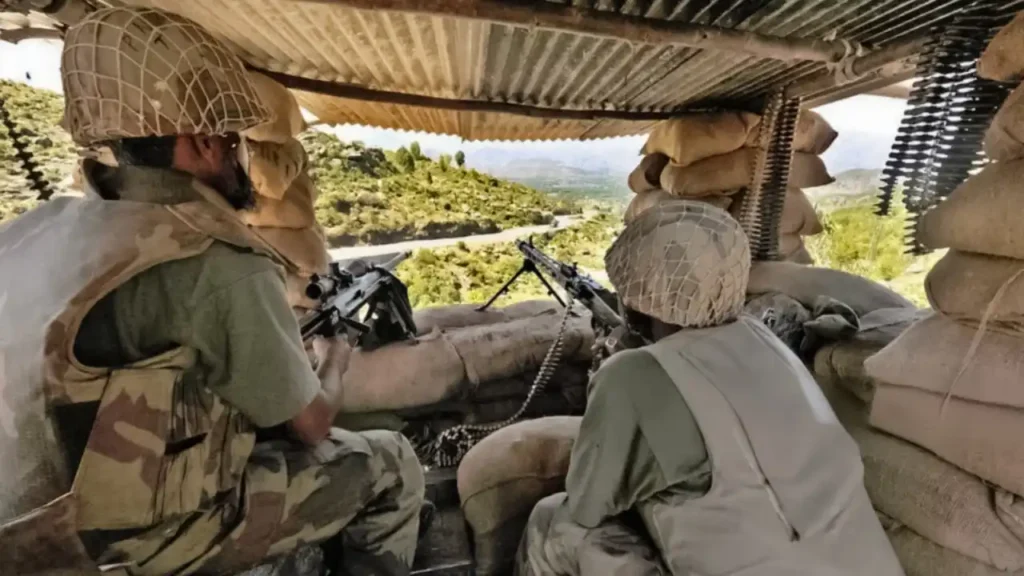Reports from Islamabad and South Waziristan
In the past few days, Pakistan has experienced two major terrorist attacks. Yesterday, a suicide bombing occurred outside courthouse in Islamabad, killing 12 civilians and injuring 30 others. Another major attack targeted Cadet College Wana in South Waziristan, but security forces bravely foiled the attempt.
Attack on Wana Cadet College
In Wana, the main town of South Waziristan in Khyber Pakhtunkhwa, the army and security forces successfully stopped a terrorist attack on the Cadet College. All attackers who entered the college were killed. Local security officials said hundreds of students were saved from the attack. However, at least four security personnel were martyred, and several others were injured.
Responsibility and Denial
Initially, Jamaat-ul-Ahrar, a faction of the banned Tehrik-e-Taliban Pakistan (TTP), claimed responsibility for the Islamabad suicide bombing, but later withdrew the claim. Similarly, both TTP and the Hafiz Gul Bahadur group denied responsibility for the Wana Cadet College attack.
Terrorists Under Pressure
Analysts say terrorist groups are under great pressure. While they continue to carry out attacks, they no longer openly claim responsibility like before. Sometimes, they even condemn attacks they themselves carried out. Experts on Pakistan-Afghanistan affairs note that this behaviour is not new—historically, terrorist groups have carried out attacks during negotiations and later either denied responsibility or credited a splinter group instead.
Afghan Taliban Condemnation
After the Afghan Taliban condemned the Wana Cadet College attack, both Hafiz Gul Bahadur’s group and TTP also denied responsibility. Analysts say this shows that some terrorist groups in Pakistan act under the influence of the Afghan Taliban, and when the Afghan Taliban condemn an attack, local groups distance themselves from it.
Fear of Public Backlash and Failed Attacks
Experts note that public hatred for terrorists has grown significantly since the Army Public School attack in Peshawar. Now, whenever terrorists carry out attacks, they fear strong public reactions. Analyst Asad Yousafzai said: “If the groups had openly claimed responsibility for the Cadet College or Islamabad courthouse attacks, they would have faced public backlash. That’s why they first claimed responsibility and then withdrew it.”
Analysts confirmed that five terrorists were killed in the Wana Cadet College attack. The attackers had planned the assault in an organized way, but security forces completely foiled it.
In Islamabad, the suicide bombing outside the courthouse also killed civilians. Experts say one reason terrorist groups deny responsibility is that, despite using many resources, their attacks often fail due to the quick response of security forces.
Reports from Islamabad and South Waziristan
In the past few days, Pakistan has experienced two major terrorist attacks. Yesterday, a suicide bombing occurred outside courthouse in Islamabad, killing 12 civilians and injuring 30 others. Another major attack targeted Cadet College Wana in South Waziristan, but security forces bravely foiled the attempt.
Attack on Wana Cadet College
In Wana, the main town of South Waziristan in Khyber Pakhtunkhwa, the army and security forces successfully stopped a terrorist attack on the Cadet College. All attackers who entered the college were killed. Local security officials said hundreds of students were saved from the attack. However, at least four security personnel were martyred, and several others were injured.
Responsibility and Denial
Initially, Jamaat-ul-Ahrar, a faction of the banned Tehrik-e-Taliban Pakistan (TTP), claimed responsibility for the Islamabad suicide bombing, but later withdrew the claim. Similarly, both TTP and the Hafiz Gul Bahadur group denied responsibility for the Wana Cadet College attack.
Terrorists Under Pressure
Analysts say terrorist groups are under great pressure. While they continue to carry out attacks, they no longer openly claim responsibility like before. Sometimes, they even condemn attacks they themselves carried out. Experts on Pakistan-Afghanistan affairs note that this behaviour is not new—historically, terrorist groups have carried out attacks during negotiations and later either denied responsibility or credited a splinter group instead.
Afghan Taliban Condemnation
After the Afghan Taliban condemned the Wana Cadet College attack, both Hafiz Gul Bahadur’s group and TTP also denied responsibility. Analysts say this shows that some terrorist groups in Pakistan act under the influence of the Afghan Taliban, and when the Afghan Taliban condemn an attack, local groups distance themselves from it.
Fear of Public Backlash and Failed Attacks
Experts note that public hatred for terrorists has grown significantly since the Army Public School attack in Peshawar. Now, whenever terrorists carry out attacks, they fear strong public reactions. Analyst Asad Yousafzai said: “If the groups had openly claimed responsibility for the Cadet College or Islamabad courthouse attacks, they would have faced public backlash. That’s why they first claimed responsibility and then withdrew it.”
Analysts confirmed that five terrorists were killed in the Wana Cadet College attack. The attackers had planned the assault in an organized way, but security forces completely foiled it.
In Islamabad, the suicide bombing outside the courthouse also killed civilians. Experts say one reason terrorist groups deny responsibility is that, despite using many resources, their attacks often fail due to the quick response of security forces.

